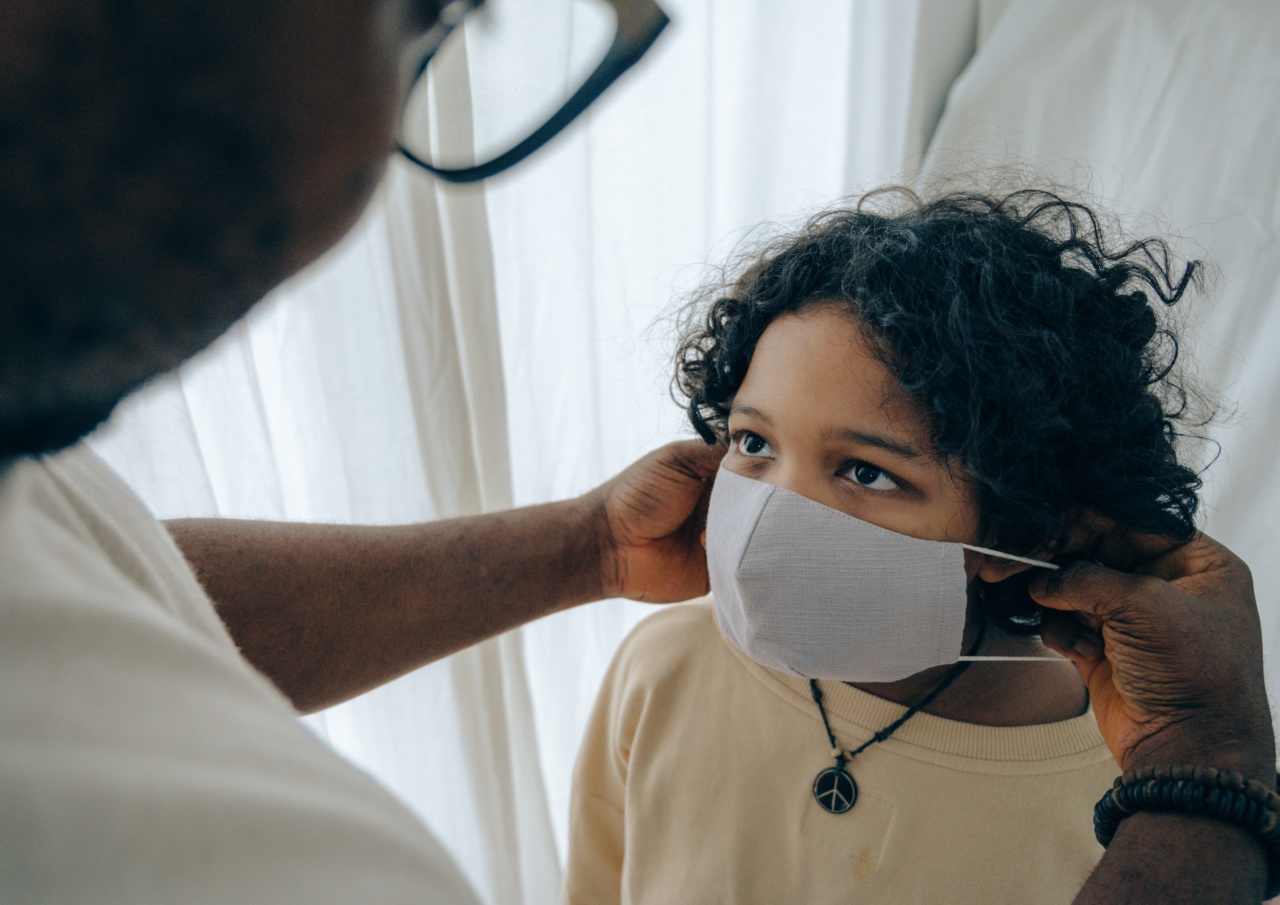Kidney pain, also known as renal pain, can be a sign of various underlying health conditions. It is important to take steps to prevent kidney pain and maintain optimal kidney health.
Making certain lifestyle changes can significantly reduce the risk of developing kidney problems and alleviate any discomfort or pain associated with the kidneys. In this article, we will discuss ten lifestyle changes that can help prevent kidney pain.
1. Stay Hydrated
One of the most important steps to prevent kidney pain is to stay adequately hydrated. Drinking enough water helps flush out toxins and waste products from the body, reducing the burden on the kidneys.
It is recommended to consume at least 8 to 10 glasses of water per day. However, individual water needs may vary based on factors such as climate, activity level, and overall health.
2. Maintain a Healthy Diet
A balanced and nutritious diet plays a crucial role in kidney health. Include a variety of fruits, vegetables, whole grains, lean proteins, and healthy fats in your meals. Limit the intake of processed foods, high-sodium foods, and sugary beverages.
Additionally, reducing the consumption of red meat and incorporating plant-based proteins, such as legumes and tofu, can benefit kidney health.
3. Limit Salt Intake
Excessive salt consumption can increase blood pressure and strain the kidneys. High blood pressure is one of the leading causes of kidney disease. It is essential to limit the intake of salt and salty foods.
Be mindful of hidden sources of salt in processed foods and opt for low-sodium alternatives whenever possible. Flavor meals with herbs, spices, or lemon juice instead of relying on salt for taste.
4. Exercise Regularly
Engaging in regular physical activity not only improves overall health but also helps prevent kidney pain.
Exercise promotes proper blood circulation, enhances cardiovascular health, and reduces the risk of developing conditions like diabetes and high blood pressure, which are detrimental to kidney function. Aim for at least 150 minutes of moderate-intensity exercise or 75 minutes of vigorous exercise per week.
5. Quit Smoking
Smoking damages blood vessels and reduces blood flow to the kidneys, increasing the risk of kidney disease. Quitting smoking is crucial for maintaining kidney health and preventing kidney pain.
Seek support from healthcare professionals, join smoking cessation programs, and adopt strategies like nicotine replacement therapy to successfully quit smoking.
6. Limit Alcohol Consumption
Excessive alcohol consumption can cause dehydration and harm the kidneys. It is important to consume alcohol in moderation or avoid it altogether for optimal kidney health.
Men should limit their alcohol intake to two drinks per day, and women should limit it to one drink per day. One drink is defined as 12 ounces of beer, 5 ounces of wine, or 1.5 ounces of distilled spirits.
7. Manage Stress
Chronic stress can have a negative impact on overall health, including kidney function. Stress activates the body’s stress response, triggering the release of stress hormones that can affect the kidneys.
Implement stress management techniques like meditation, yoga, deep breathing exercises, or engaging in hobbies to reduce stress levels and promote kidney health.
8. Maintain a Healthy Weight
Obesity is a risk factor for various health conditions, including kidney disease. It is important to maintain a healthy weight to reduce the strain on the kidneys and prevent kidney pain.
Adopt a balanced diet and engage in regular physical activity to achieve and maintain a healthy weight. Seek guidance from healthcare professionals to develop a personalized weight management plan if needed.
9. Regularly Monitor Blood Pressure and Blood Sugar Levels
High blood pressure and high blood sugar levels can damage the kidneys over time. Regular monitoring of blood pressure and blood sugar levels is crucial to detect any abnormalities early on and take necessary steps to manage them.
Follow a healthy lifestyle, take prescribed medications as recommended by healthcare professionals, and attend regular check-ups to keep these levels in check.
10. Avoid Overuse of Pain Medications
Long-term or excessive use of certain pain medications, such as nonsteroidal anti-inflammatory drugs (NSAIDs), can cause kidney damage and lead to kidney pain.
It is important to use pain medications strictly as directed by healthcare professionals and avoid self-medication. If chronic pain management is required, consult with a healthcare professional to explore alternative treatment options that are less harmful to the kidneys.





























